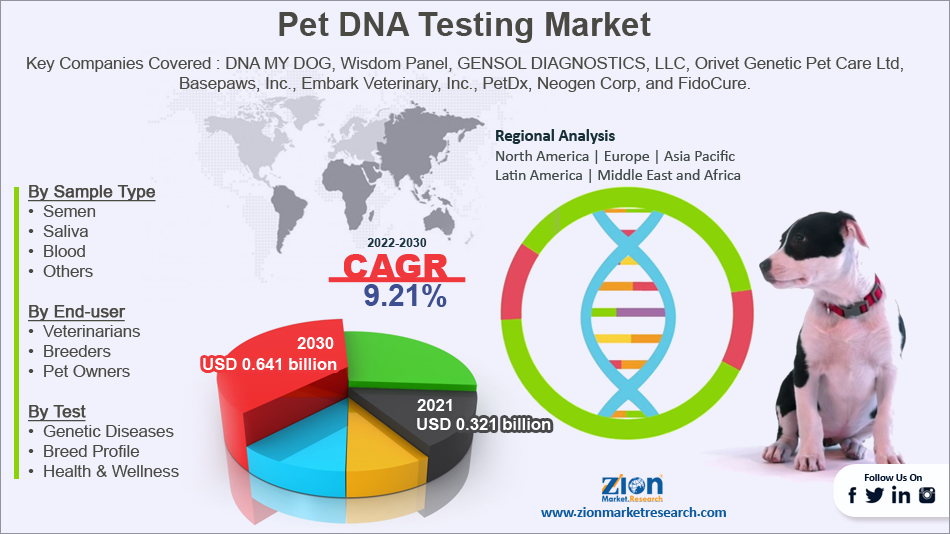What is Pet DNA Testing?
Just like humans, our furry friends have unique genetic blueprints. Pet DNA testing kits utilize a simple cheek swab or saliva sample to analyze your pet’s DNA. This analysis reveals information about their breed composition, potential health risks, and even some behavioral traits. It’s a fascinating way to learn more about your companion’s heritage and predispositions.
Understanding Breed Composition: More Than Just Looks
One of the most popular reasons pet owners opt for DNA testing is to uncover their pet’s breed mix. While you might have a good guess based on their appearance, a DNA test provides a more precise breakdown. It can reveal surprising ancestral breeds, confirming those suspected and uncovering hidden ones you never imagined. This detailed analysis goes beyond simple breed identification; it delves into the percentages of each breed contributing to your pet’s genetic makeup.

Uncovering Hidden Health Risks: Proactive Pet Care
Beyond breed identification, many pet DNA tests screen for genetic predispositions to certain health conditions. Knowing your pet’s genetic risk factors allows you to work proactively with your veterinarian. This could involve implementing preventative measures, scheduling more frequent check-ups for specific conditions, or adjusting their diet and lifestyle to mitigate potential issues. Early detection is key to managing many hereditary health problems in pets.
Behavioral Insights: Understanding Your Pet’s Personality
Some DNA tests even delve into the genetic factors influencing your pet’s behavior. This isn’t a crystal ball predicting future actions, but it can provide insights into potential behavioral tendencies. For example, certain breeds may have a predisposition to anxiety, aggression, or trainability. Understanding these predispositions helps owners better manage expectations and tailor training methods to suit their pet’s unique temperament. This knowledge can lead to a stronger bond and a more harmonious relationship.
Choosing the Right DNA Test: A Guide for Pet Owners
The market offers a variety of pet DNA tests, each with its own strengths and weaknesses. Some focus primarily on breed identification, while others offer a more comprehensive analysis that includes health and behavioral insights. Consider your pet’s specific needs and your budget when making your choice. Research different companies, compare their testing methods, accuracy claims, and the depth of information provided in their reports. Reading customer reviews can also offer valuable perspectives.
Interpreting Your Pet’s Results: What to Expect
Once you receive your pet’s DNA test results, you’ll likely have access to an online portal with a detailed report. This report will outline the breed composition, potential health risks, and sometimes behavioral insights. It’s important to understand that these results are probabilities, not certainties. A high risk doesn’t guarantee your pet will develop a specific condition, but it does highlight areas requiring closer monitoring and proactive veterinary care. Consult your veterinarian to discuss the results and create a personalized healthcare plan.
Beyond the Breed: The Ethical Considerations
While pet DNA testing offers exciting possibilities, it’s vital to consider the ethical implications. Some worry about the potential misuse of genetic information, particularly in breeding practices. Responsible breeders use DNA testing to improve breed health and eliminate genetic defects, but some might use it to perpetuate certain traits or create designer breeds. Therefore, it’s crucial to choose a reputable testing company and use the information responsibly.
The Future of Pet DNA Testing: Advancements and Applications
The field of pet DNA testing is constantly evolving. Scientists are continuously refining their methods, improving accuracy, and expanding the scope of information gathered. Future advancements could lead to more precise predictions of health risks, tailored treatments, and a deeper understanding of canine and feline genetics. This will likely lead to improved pet healthcare and a better understanding of our furry companions.
Making Informed Decisions: Using DNA Testing Responsibly
Pet DNA testing is a valuable tool for responsible pet owners. By understanding your pet’s genetic makeup, you can make more informed decisions regarding their health, training, and overall wellbeing. However, remember to approach the results with a balanced perspective, consulting your veterinarian for personalized advice and always prioritizing your pet’s welfare. Click here to learn about pet DNA testing.

